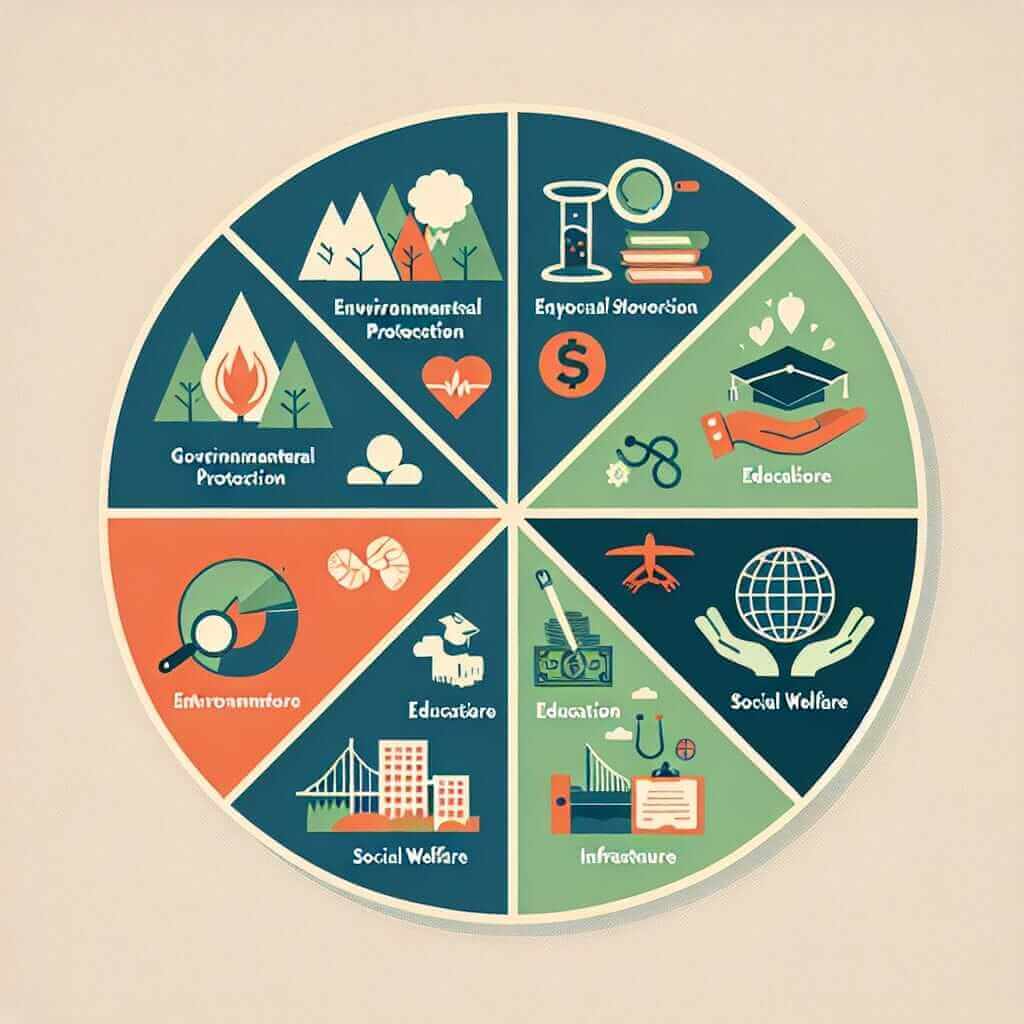Achieving a 6.5 in IELTS Writing is a common goal for many test-takers. This score demonstrates a competent level of written English and opens doors to various academic and professional opportunities. Whether you’re aiming for university admission or career advancement, understanding the key elements of a band 6.5 essay is crucial. This comprehensive guide will delve into the intricacies of IELTS Writing, providing you with practical strategies and insights to help you attain your desired score.
Understanding IELTS Writing Band Descriptors
The first step towards achieving a 6.5 is understanding what the examiners are looking for. IELTS uses a 9-band scoring system, and each band corresponds to specific criteria. For a 6.5 in Writing, you need to demonstrate:
Task Achievement:
- Address all parts of the task.
- Present a clear position throughout the essay.
- Present and support your arguments.
- Provide a clear conclusion.
Coherence and Cohesion:
- Logically organise information and ideas.
- Use cohesive devices (e.g., linking words, pronouns) effectively.
- Present a clear central topic within each paragraph.
Lexical Resource:
- Use a sufficient range of vocabulary accurately.
- Use less common lexical items appropriately.
- Attempt to use collocations (words that go together naturally).
- Avoid errors in spelling and word formation.
Grammatical Range and Accuracy:
- Use a variety of sentence structures.
- Use a mix of simple and complex grammar accurately.
- Control grammar with only minor errors.
Strategies to Improve Your Writing Skills
Now that you understand the assessment criteria, let’s explore proven strategies to enhance your writing:
1. Practice Regularly with Past Papers
Familiarize yourself with the IELTS Writing tasks by practicing with past papers, available on the official IELTS website. This will help you understand the format, time constraints, and common themes.
2. Develop Strong Ideas and Structure
Before you start writing, brainstorm ideas and create a clear outline. A well-structured essay with a logical flow of ideas is essential for a high score.
3. Master Cohesive Devices
Linking words and phrases are crucial for connecting ideas and creating coherence. Use a variety of cohesive devices, such as “furthermore,” “however,” “in addition,” and “on the other hand,” to enhance the flow of your writing.
4. Expand Your Vocabulary
A wide range of vocabulary will demonstrate your language proficiency. Make an effort to learn new words and phrases related to common IELTS themes. However, ensure that you use vocabulary accurately and appropriately.
5. Focus on Grammar
Grammatical accuracy is crucial for a good score. Review and practice different grammatical structures, such as conditionals, relative clauses, and passive voice.
Analyzing a Band 6.5 Essay Sample
Let’s examine a sample IELTS Writing Task 2 essay that reflects the qualities of a band 6.5 response:
Topic: Some people believe that government funding should prioritize environmental protection, while others argue that it should focus on addressing poverty and social issues. Discuss both views and give your opinion.
Sample Essay:
In contemporary society, the allocation of government funds sparks considerable debate. While some advocate for prioritizing environmental protection, others contend that addressing poverty and social problems should be paramount. This essay will explore both perspectives before presenting my own viewpoint.
On the one hand, safeguarding the environment is undeniably crucial. Environmental degradation poses a significant threat to human health and well-being. Pollution, deforestation, and climate change have far-reaching consequences, and governments have a responsibility to mitigate these issues. Investing in renewable energy, promoting sustainable practices, and protecting natural resources are essential steps to ensure a habitable planet for future generations.
On the other hand, poverty and social inequalities demand immediate attention. Millions of people struggle with poverty, lack of access to education, and inadequate healthcare. These issues require substantial financial resources to uplift communities and create a more equitable society. Governments should prioritize social welfare programs, affordable housing initiatives, and job creation schemes to address the root causes of poverty.

In my view, a balanced approach is necessary. While environmental protection is vital for long-term sustainability, addressing immediate social needs is equally important. Governments should strive to allocate resources effectively, tackling both environmental and social challenges in tandem. Investing in education and raising awareness about environmental issues can also foster a sense of responsibility and encourage individuals to contribute to a more sustainable future.
Analysis:
This essay effectively addresses all parts of the task, presents a clear position, and is well-organized with cohesive devices. The vocabulary used is appropriate, and the grammar is generally accurate, reflecting a band 6.5 level.
Common Mistakes to Avoid
To further enhance your writing, avoid these common pitfalls:
- Ignoring Task Instructions: Misinterpreting or partially addressing the task will negatively impact your score.
- Lack of Planning: Writing without a clear structure often leads to a disorganized and less coherent essay.
- Overusing Templates: While templates can be helpful for structure, relying too heavily on them can make your writing sound unnatural.
- Neglecting Proofreading: Always allocate time to review your essay for errors in grammar, vocabulary, and spelling.
Conclusion
Achieving a 6.5 in IELTS Writing requires focused effort and a strategic approach. By understanding the band descriptors, practicing regularly, and implementing the strategies outlined in this guide, you can significantly enhance your writing skills and attain your desired score. Remember to practice consistently, analyze your strengths and weaknesses, and seek feedback from experienced educators or IELTS tutors. With dedication and perseverance, you can confidently approach the IELTS Writing test and achieve your academic and professional goals.